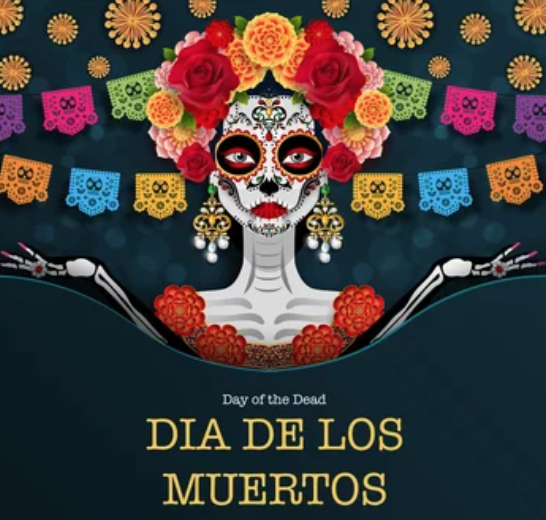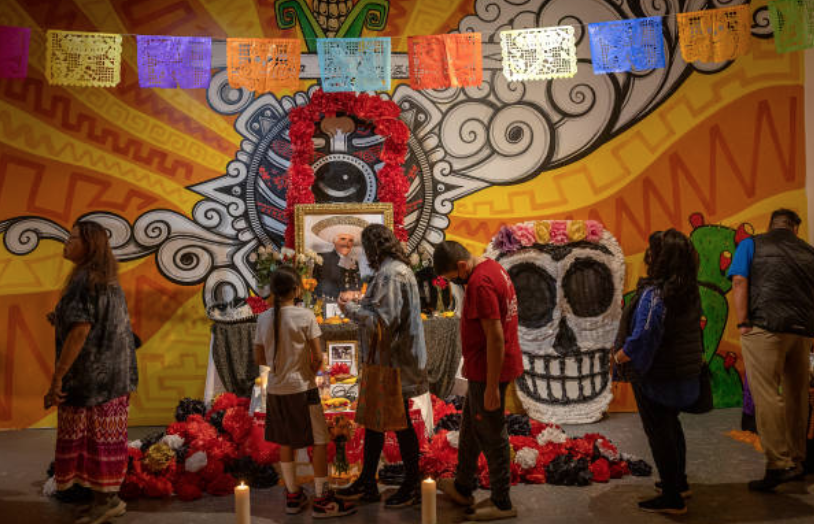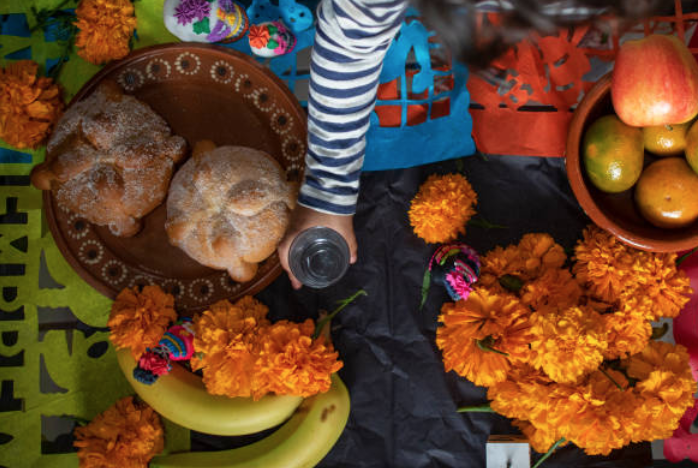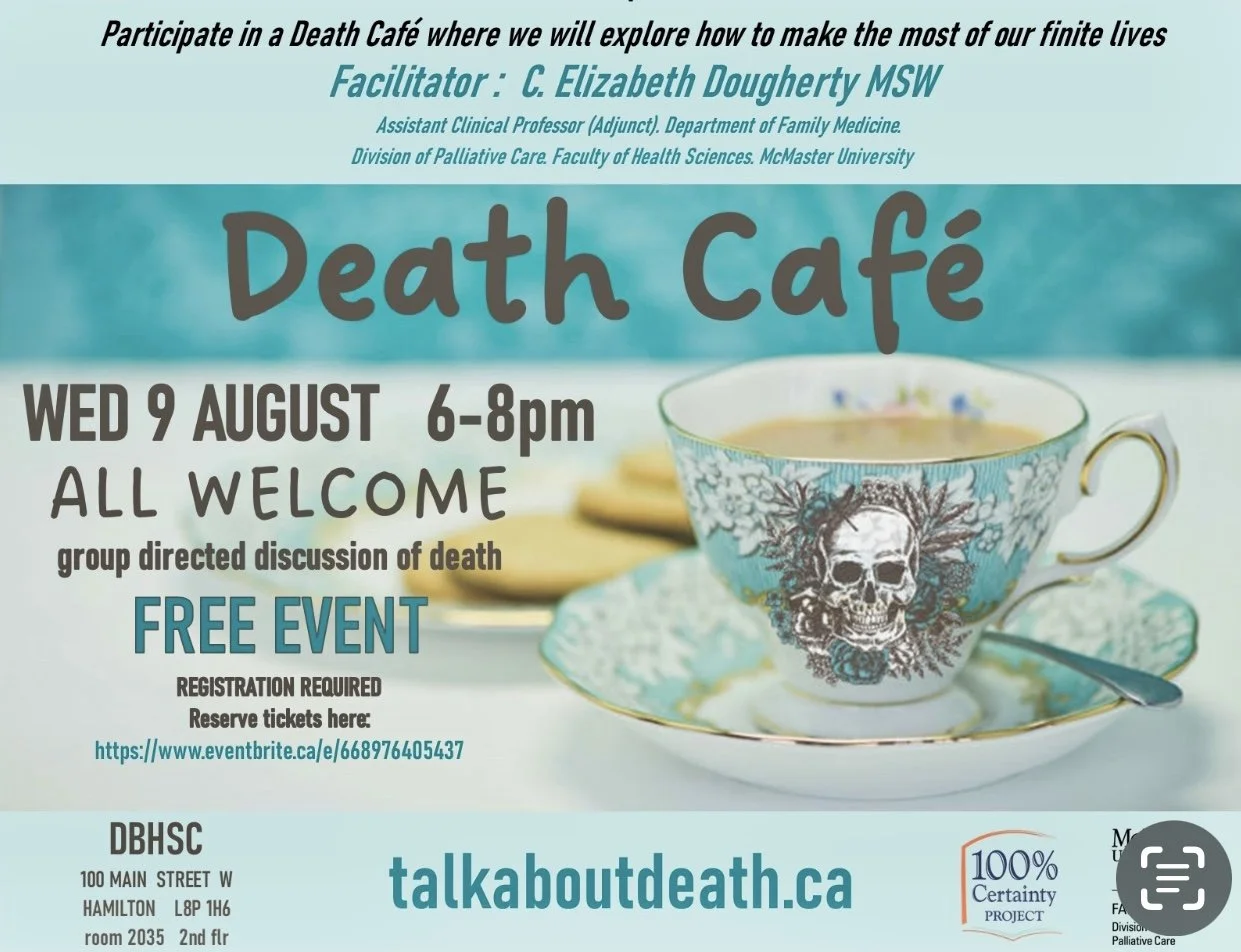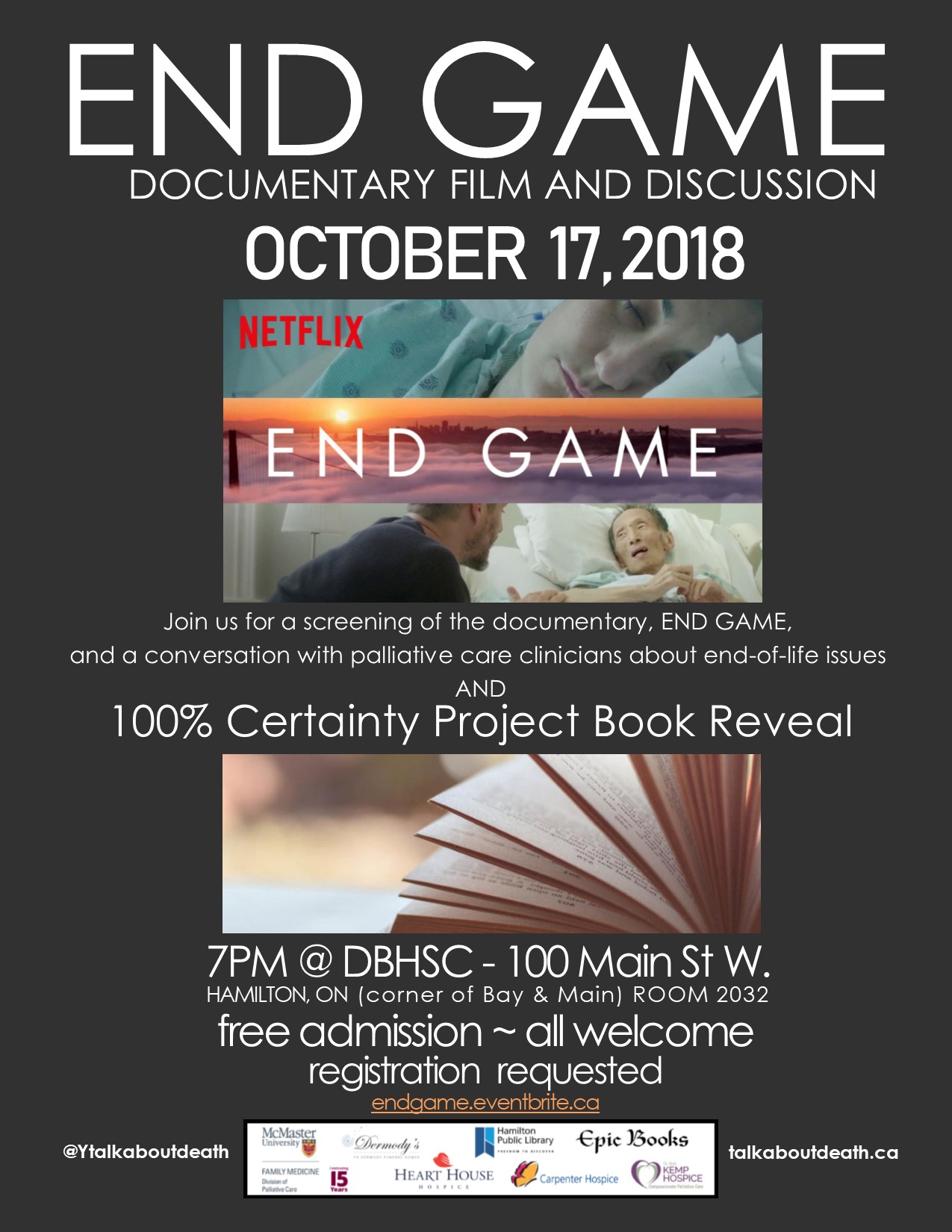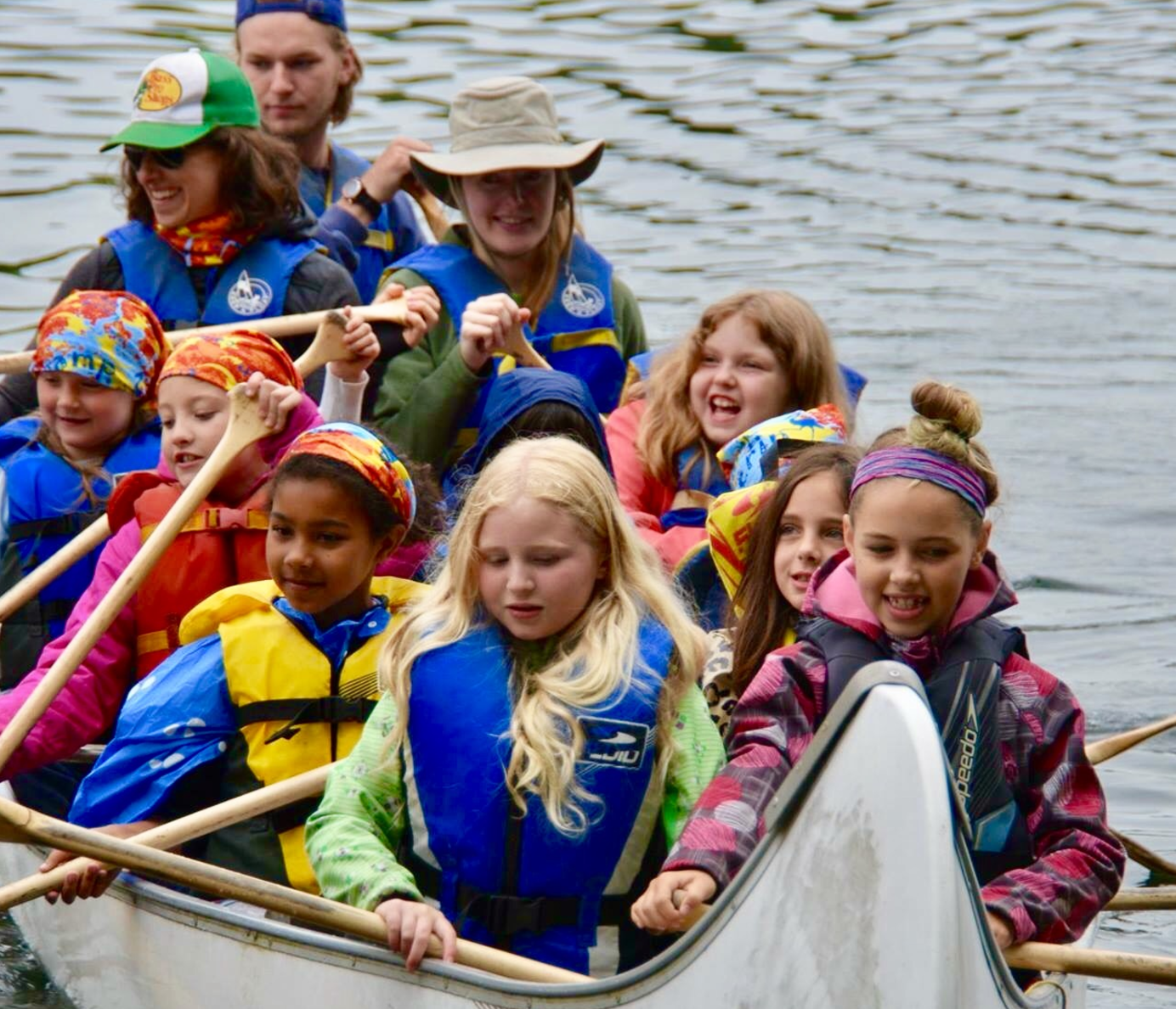Tell someone you’re headed to a Death Café and no doubt their expression morphs into something between bewilderment and abject horror.
Odd words to toss together, and the name conjures up all sorts of somber, gloomy thoughts.
But Death Cafes are not morbid, depressing places, nor are they gathering spots for zombies. ‘Patrons’ don’t dress in black or ghoulishly discuss death while sipping tea.
Death Cafes are, in fact, respectful spaces where people of all ages can congregate to chat informally, often with complete strangers, about death and dying.
And who would choose to do that?
As it turns out, quite a few people; enough so, that there was a waiting list for the first ever Burlington Death Café last week at city hall.
The “very brave souls” and “trailblazers” - as organizers called attendees - ranged in age from their 40s to 80s.
Death Cafes are based on an “international movement” that originated in the UK and they are designed to begin a conversation about an uncomfortable, often taboo, subject – death.
There is no agenda or objectives at Death Cafes,” explained Roxanne Torbiak, of The End Game, which partnered with Carpenter Hospice to present the event. (Originally scheduled for the grounds outside city hall but moved indoors because of sweltering temperatures)
“It is simply a conversation that happens over coffee, tea and cake. Interesting conversation and laughter is guaranteed,” she said.
Among participants at the local Death Café were those whose professions routinely deal with death, but there were others from all walks of life and faiths who simply wanted to share and listen, people who felt the initiative an important conduit in opening up a very important discussion in the city.
“It’s really an introduction to the community. We want to create awareness and offer safe spaces for people to come together and talk about dying and death,” said C. Elizabeth Dougherty, a hospice palliative care social worker and educator.
“We want to reach out to everyone, all ages, and normalize it for people, whether they’ve been diagnosed with a life-limiting illness or whether they’re living healthy, fruitful lives.
“We want to create safe spaces for people to come together, to talk about their fears, their questions, their concerns, share their experience and really normalize this conversation.”
In their respective jobs as minister and palliative care consultant, Joel Bootsma and Villy Simonetta are all too familiar with death.
“Some people are very grounded in faith and meet it with courage, even joy; some with fear or worry,” said Bootsma, a Christian Reform Church minister, who was “interested in finding out what the community is wrestling with over this issue.”
As witness to extremes in how people deal with dying and death, Simonetta loves the idea of taking that fear out of death.
“It is part of life. It’s a beautiful experience when we’re born and as we go through the journey of life, it’s something we’re facing so let’s face it the best way we can, spiritually, (and) with love (and) compassion,” said Simonetta.
“I’ve seen some incredibly beautiful experiences where families are prepared; they’re very spiritual and it’s an intimate bonding time. Whereas some families struggle so much, they don’t want to let go and I struggle with that too because I see their struggle. You’re trying to support them in that whole process.”
In Buddhism, it’s about making death peaceful and quiet so one can let go of this world easily, commented Deborah Klassen, centre director of a Tibetan Buddhist Centre.
Participant Ann Dion was “privileged” to have been present for her husband’s, mother’s and mother-in-law’s death and
she feels strongly that the topic needs to be open and shared.
“We can’t be frightened because it’s there, it’s not going away,” said Dion. “(It’s like) If you don’t talk about it, it’s not going to happen.”
The Death Café was a natural supplement to Carpenter Hospice’s new Compassionate City Charter, said Bonnie Tompkins, Carpenter’s community health coordinator,
The hospice has based its charter on a UK model, and worked closely with the city to create “a framework of 12 social changes” to put Burlington on the path towards being a more compassionate city, said Tompkins.
“It’s all about building capacity in the community to support people because the reality is, the population is aging and the medical system can only do so much,” said Tompkins.
Many people don’t realize that healthcare professionals aren’t given training and education on dying and death and how to care beyond the medical model, or how to have those intimate, essential conversations about the psychosocial impacts of dying and death, said Dougherty.
“It’s about encouraging and empowering people to have these conversations with their families, friends and healthcare providers about advanced care planning, and their values and wishes for end of life care, said Dougherty, who co-founded The End Game, with Torbiak to provide professionally facilitated education and training sessions to normalize living and dying.
There is the demystifying piece to the movement, but the charter is also about embedding with community organizations to build bridges and links, said Tompkins.
“These conversations are so timely too because we know that only 16-30 per cent of Canadians actually have access to hospice palliative care services, so certainly funding and access is a concern,” said Dougherty.
Thankfully, she added, the quality of living and dying is on the national landscape, so it’s an especially important time to have these conversations, to raise awareness, and build a groundswell of public support.
Both Tompkins, who was sole caregiver for her terminally ill partner, and Dougherty, who has been immersed in palliative care for 17 years, said their experiences have taught them that open communication with loved ones is critical.
“Families are incredibly conflicted and very much wanting to be open and honest with each other, but the fear of not knowing what to say, or how to say it, or just the worry about the sadness. …denial is an incredible coping strategy for many people,” said Dougherty.
“The families I see that manage best certainly are those that have those open conversations, admittedly difficult conversations. It’s ok to be sad, it’s okay to be angry, it’s okay to be frustrated but it’s important to share what’s on your mind,” said Dougherty.
Last week marked the first Death Café in Burlington, but it’s certainly not the last, said Dougherty.
At the launch of the Compassionate City Charter this fall, organizers hope to have two simultaneous Death Cafes on Oct. 8, which happens to be World Hospice Palliative Care Day.
“We’re just getting started; we’re starting a revolution,” smiled Dougherty.

